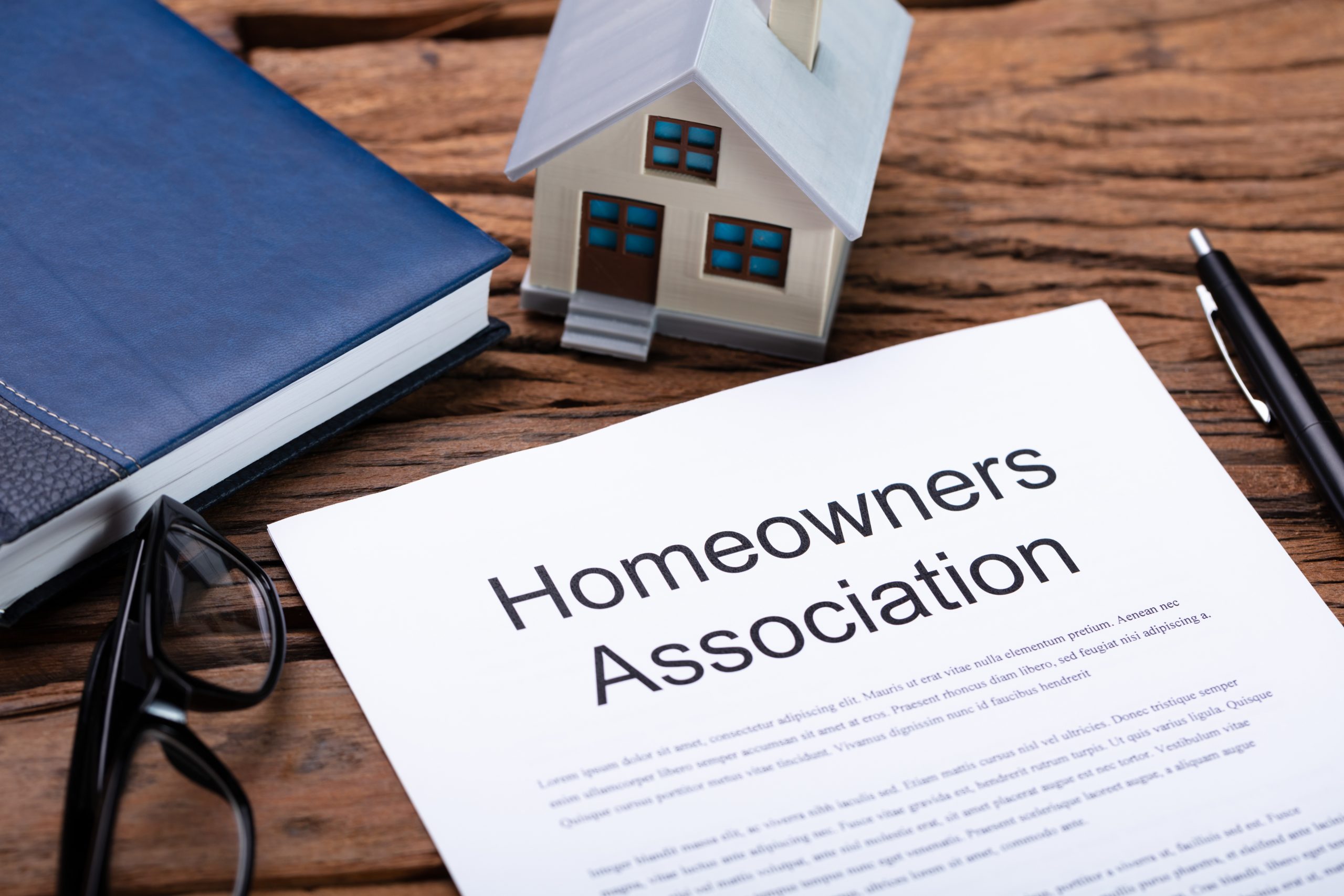On May 13, 2020, the Minnesota legislature unanimously voted to amend Minn. Stat. 515B.2-118 to authorize new procedures that communities can use when amending governing documents. Specifically, (1) an association can obtain ‘deemed’ approval to amendments from owners who do not vote or do not respond to a request for consent, and (2) where approval of more than 67% of the voting power is required, an association can petition the Court for an Order lowering the approval requirement and approving a proposed amendment.
Deemed Approval from Owners
Since 2010, MCIOA has contained a provision that permits communities attempting to amend their governing documents and who need to obtain the approval of lenders to obtain ‘deemed’ consent. The procedure involves mailing a request for consent via certified mail, and if no response is received within 60 days, then consent to the amendment is deemed to have been given.
The 2020 amendment adds a new provision (515.2-118(a)(7)), which allows a similar procedure for obtaining the deemed consent of owners.
Going forward, if an association wishes to amend any of its governing documents (Declaration, Bylaws, Articles of Incorporation), and the amendment process requires the approval of a certain percentage of the Owners, then the association may obtain the deemed approval of owners by first sending notice and a copy of the proposed amendment to each Owner, by certified US mail, postage prepaid and return receipt requested, and then by proceeding to obtain the approval by vote or written consent (as may be required by the current governing documents):
- If the association proceeds to obtain approval of the proposed amendment via vote, then any owner’s vote that is not cast against the proposed amendment is deemed to be a vote in favor of the amendment. In other words, any Owner who either fails to vote or abstains will be deemed to vote in favor of the amendment.
- If the association instead proceeds to obtain approval of the proposed amendment via written consent, then an Owner will be deemed to have given written consent in favor of the amendment unless the association receives a written refusal from the Owner within 60 days after the notice was mailed.
Petitioning the Court for an Order Amending the Governing Documents
To amend their governing documents, some communities have documents that require the approval of more than 67% of the voting power – sometimes requiring approval of 75%, 90%, or even 100% of the voting power. These high approval requirements can make it difficult or impossible for these communities to amend their documents. As a result, the community’s governing documents simply never get amended or updated.
If a community has such an approval requirement and has attempted but failed to amend its governing documents, then a new procedure has been added at Minn. Stat. 515B.2-118(d), which allows the community to do the following:
- If the association attempts to amend the governing documents and receives approval from at least 67% of the voting power (even though the approval requirement is higher), then the association can Petition the Court for an Order reducing the approval requirement to 67% of the voting power and approving the proposed amendment.
- The Petition must be filed with the Court and a hearing will be scheduled in not less than 90 days.
- At least 15 days prior to the hearing, the Petition and Notice of Hearing must be personally served upon the Owner of each Unit, or an Owner may agree in writing to waive service.
- If amending the governing documents also requires the consent of lenders, then consent or deemed consent from the requisite percentage of lenders must have been obtained prior to filing the Petition, or the Petition and Notice of hearing must also be served upon the lenders in advance of the hearing.
- At the hearing, any Owner can appear and object to the association’s request; however, the statute empowers the Court to grant the Petition as long as the proposed amendment is reasonable and the procedural steps have been satisfied.
The Petition seeking a Court Order is a proceeding in District Court, and therefore an association must be represented by an attorney in order to appear and pursue the Petition.
For questions about the above or any issues regarding community associations, please contact Joel Hilgendorf, jhilgendorf@hjlawfirm.com, (952) 746-2167 or any of the attorneys in our community association group.


